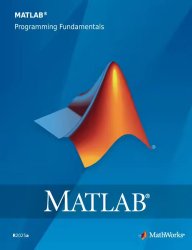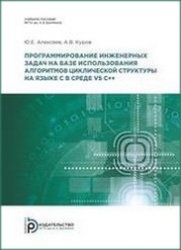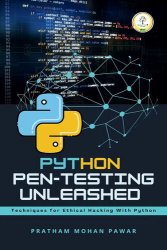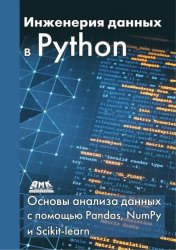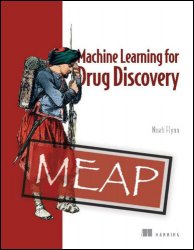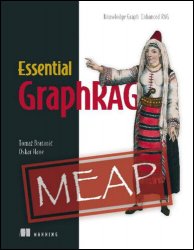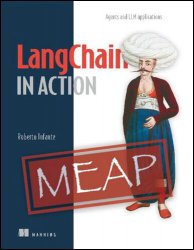- Добавил: literator
- Дата: 14-06-2025, 15:17
- Комментариев: 0
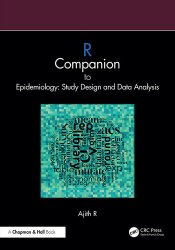 Название: R Companion to Epidemiology: Study Design and Data Analysis
Название: R Companion to Epidemiology: Study Design and Data AnalysisАвтор: Ajith R
Издательство: CRC Press
Год: 2025
Страниц: 392
Язык: английский
Формат: epub (true)
Размер: 10.1 MB
R Companion to Epidemiology: Study Design and Data Analysis is a companion volume to the classic textbook by Mark Woodward, Epidemiology: Study Design and Data Analysis, Third Edition. It aims to equip the reader with sufficient knowledge to use R for practising epidemiology. Towards this aim, it reworks the examples in the textbook, presenting the code followed by an explanation and its result. R is a software tool to interact with data to make sense of it. It is thus essential for R to have a system to represent data and a way to interact with it. We interact with R by issuing commands at the R prompt displayed in the R console that we are presented with when we start R either directly or through RStudio. R can also accept commands non-interactively through a script file. There also is the medium of an R markdown file through which we can issue R commands. Typically, we will be using the command prompt to interact with the data, save the useful commands in a script or markdown file to generate final reports at a later stage.

